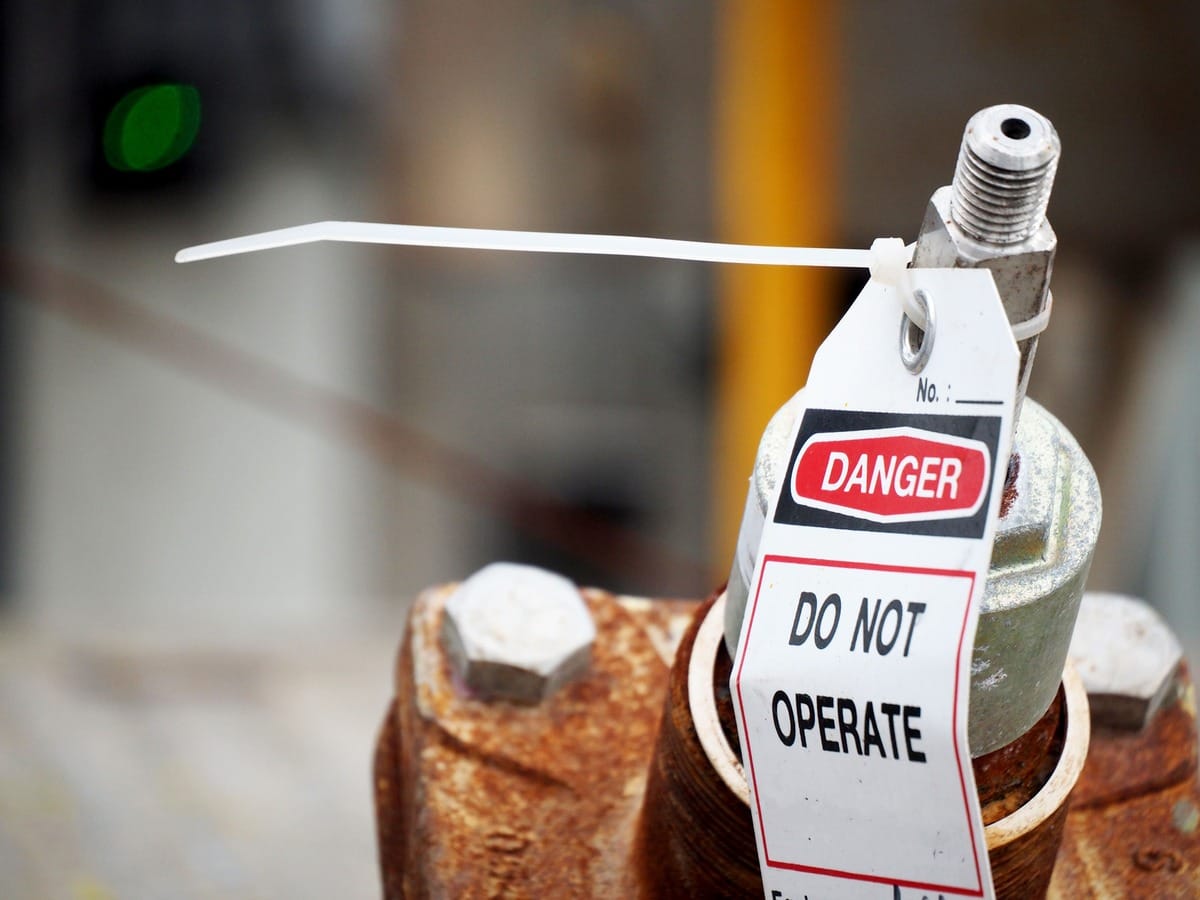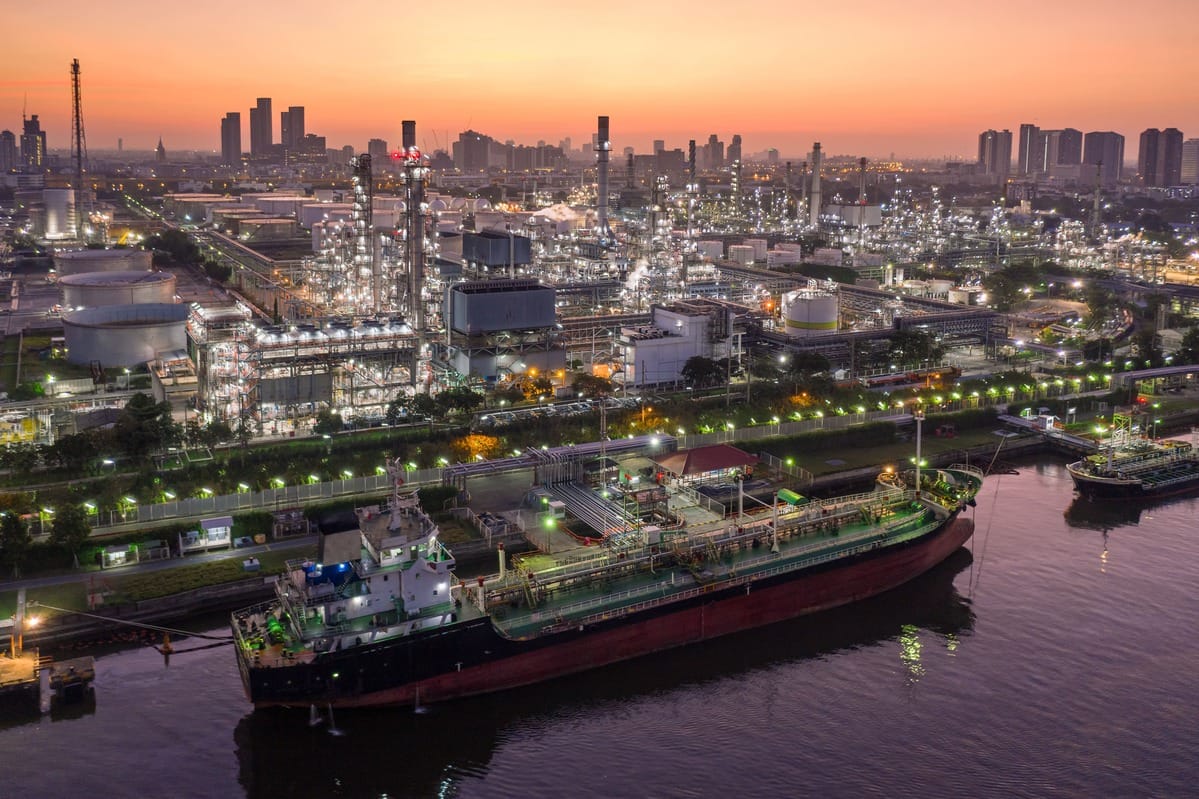German shipping giant Hapag-Lloyd has revealed long-term financing totaling $4 billion for the 24 […]
The post Hapag-Lloyd unveils $4B green financing for 24 LNG dual-fuel boxships appeared first on Offshore Energy.
German shipping giant Hapag-Lloyd has revealed long-term financing totaling $4 billion for the 24 liquefied natural gas (LNG) dual-fuel boxships that the company booked in October 2024 at two Chinese shipyards.

As explained, the green financing comprises four elements. The German container shipping player said that approximately $900 million of the purchase price has been set aside from the company’s own funds while a total of $500 million will be made available from two banks via bilateral mortgage loans.
Roughly $1.8 billion will be financed via three leasing structures, while $1.1 billion will be secured through a syndicated credit facility backed by the China Export & Credit Insurance Corporation (Sinosure), representatives from Hapag-Lloyd elaborated.
As disclosed, the financing will be carried out based on Hapag-Lloyd’s Green Financing Framework, which is said to also comply with the standards of the Green Loan Principles of the Loan Market Association (LMA).
According to Hapag-Lloyd, this has been verified by an independent expert opinion of the Norway-based classification society DNV, as has the “high efficiency” of the ships and their compliance with the EU taxonomy for sustainable activities.
“We are continuously modernizing our fleet in order to deliver a high quality of service and to achieve our ambitious decarbonization goals,”Mark Frese, CFO/CPO of Hapag-Lloyd AG, commented.
“The successful conclusion of several attractive financial transactions confirms that green financing components are becoming increasingly important. In addition, we are pleased to be able to finance newbuild projects in China for the first time with the Sinosure transaction.”
To remind, in early October last year, as part of its fleet expansion efforts centered on sustainability, Hapag-Lloyd revealed that it had commissioned China’s Yangzijiang Shipbuilding Group and New Times Shipbuilding for the construction of 24 boxships, twelve of which are set to be built by the former and the other twelve by the latter company.
The units reportedly possess a combined capacity of 312,000 TEUs, with the 12 booked at Yangzijiang Shipbuilding boasting a capacity of 16,800 TEUs each. It was revealed that the other twelve that New Times Shipbuilding is constructing would have a capacity of 9,200 TEUs each.
Per Hapag-Lloyd, all newbuildings will be outfitted with low-emission, high-pressure LNG dual-fuel “extremely fuel-efficient” engines. In addition to this, the company spotlighted that the vessels would be able to use biomethane, which is expected to enable the ships to slash carbon dioxide (CO2) emissions by up to 95% in comparison to conventional propulsion systems.
The newbuilds, anticipated to also be ammonia-ready, are scheduled for delivery between 2027 and 2029.
Aside from the endeavors to obtain an eco-friendly fleet, Hapag-Lloyd has also remained committed to wider industry-specific and worldwide sustainability-oriented goals, including the 1.5-degree target of the Paris Agreement. By 2030, the company expects the absolute greenhouse gas emissions of its fleet to be reduced by around a third compared to 2022, which could get it closer to its ambition to achieve net-zero fleet operations by 2045.
Related Article
Green financing has gained significant traction in the shipping industry in recent years, driven by the push for decarbonization and stricter environmental regulations.
It is believed that approximately 80% of global shipping lenders have adopted the Poseidon Principles, a global framework for financial institutions to assess and disclose the climate alignment of their shipping portfolios, aiming to promote decarbonization in the maritime industry.
What is more, Hapag-Lloyd’s order for the 24 boxships came just two months after what is considered another step forward within the green financing sphere; namely, in mid-August 2024, the European Commission unveiled its Ship Financing Portal aimed at providing businesses and organizations with the necessary financial tools to drive fleet renewal and retrofitting, enhance efficiency, and reduce their environmental footprint.
Related Article
-
EU rolls out Ship Financing Portal to support shipping’s green transition
Business & Finance
READ MORE
Content Original Link:
" target="_blank">


























































